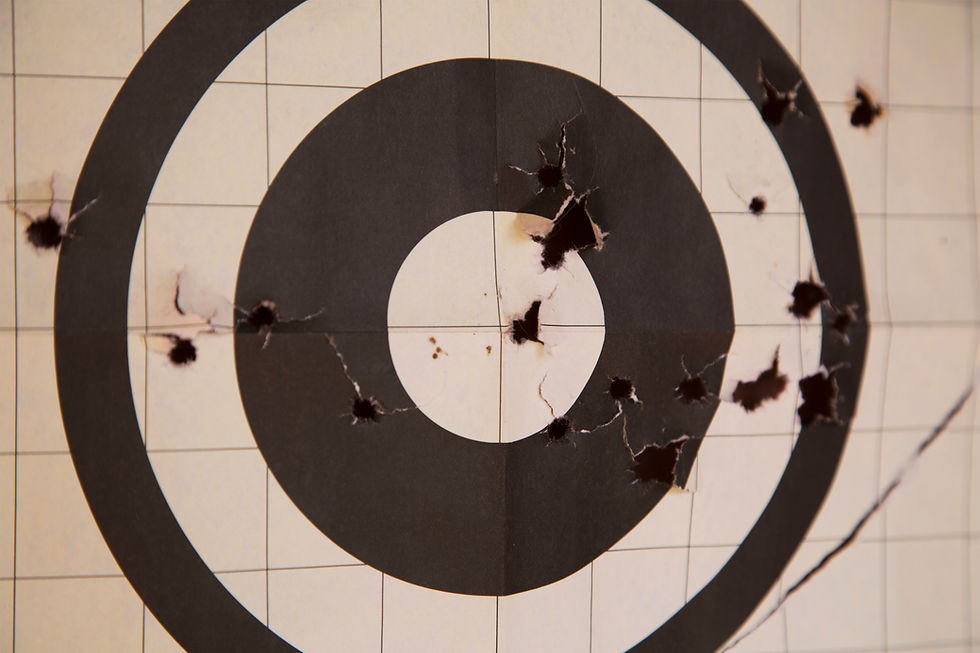Hitting the target. Getting your application cover letters and statements right
- david003464
- Jan 31, 2022
- 2 min read

We did a poll recently on job applications and cover letters was easily the part of the process people find the hardest. Below are some tips to help graduates and established media professionals improve those cover letters or statements:
Firstly - most applications are email or on a portal, so your cover letter does not need to start with "I am writing to apply for the job........". They know that already - it's in the title of the email or on the portal. Just get on with what you need to say.
Remember an application for many bigger organisations is going through HR before the hiring manager/team get to see it. Therefore the cover letter must do the HR ticks as well as the CV. Talk about qualifications, software/hardware experience and the 'essential candidate' elements outlined in the job advert.
With HR looking at your cover letter/statement it is therefore important to remember that person does not know what your job involves specifically. They have been given the info from the hiring manager but have never done the job and have no perception of what's needed. That is why it's key to think the cover letter could be (and most likely will be) the first thing the recipient reads/sees. The cover letter must therefore be used as a way to get them to look at your CV and confirm what you've said in the cover letter/statement.
That means repeating information on your CV in your cover letter. Many candidates 'assume' the employer will always look at both documents. That is not the case. Talk about the companies you have worked for, the projects you have done - even though it has that info in the CV.
You must show your "demonstrable" skills. Use the cover letter to tell the hirer what qualifications, skills, experience you have BUT more than that, how/where you've used them well. Use examples. Show them what you can do, don't just tell them
Don't write too much. Unless there is a request for a long statement (like in a BBC portal) - keep the paragraphs and structure concise but informative. People do not want to read more than a page generally - they are busy and don't have the time. Get to the point.
Avoid generic phrases / words. Enthusiastic and passionate are the most commonly used, but mean nothing in reality. This is where you step back and think "how do I prove I am those things?". Use examples.
Write well. If this is for a journalism job, they expect you to be able to write! Don't use 'I' too much. "I do this, I have done that". Write it in a more interest style. "As a qualified journalist my work already includes covering the General Election....." sounds better than "I have covered an election when I reported from...".
These basic steps will help lift your cover letters off the page. You want to sound 'assertive' not timid or arrogant. Good luck!









Comments